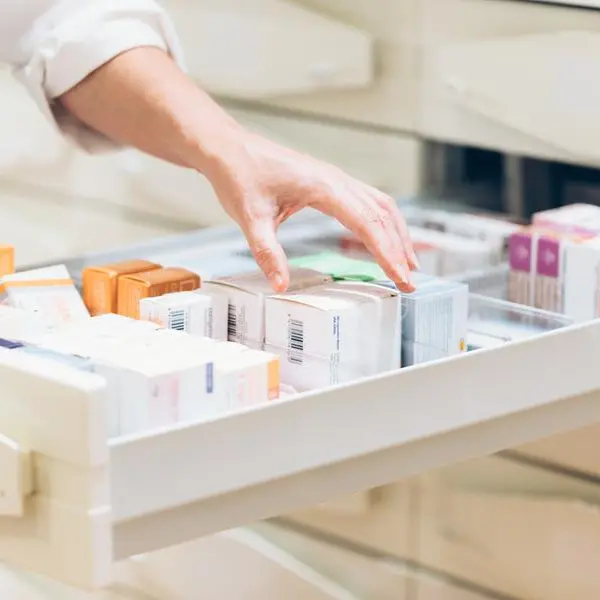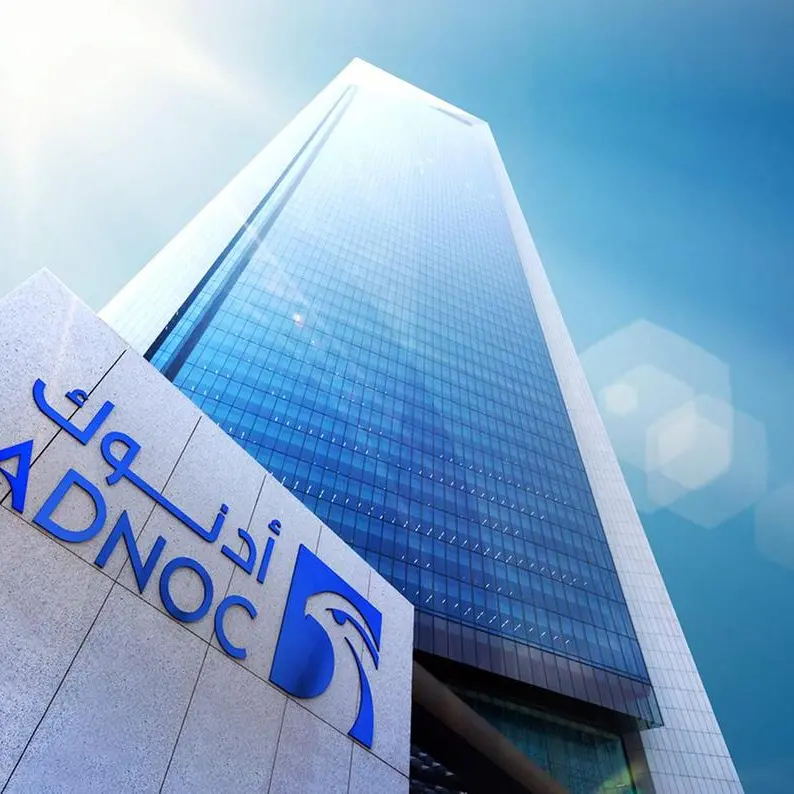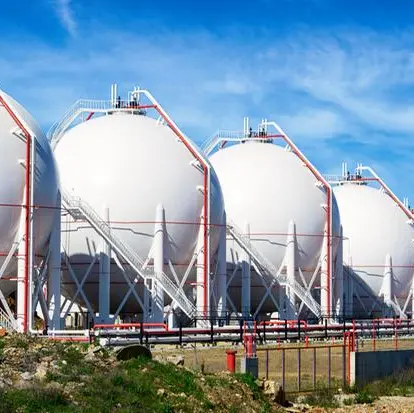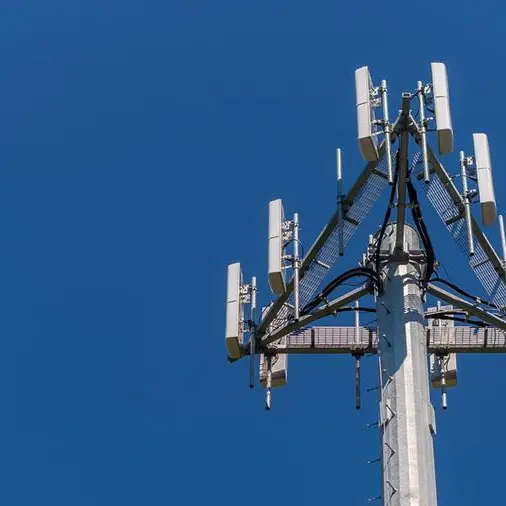DUBAI- Pakistan is expected to approve a gas pricing policy this year that would drive up domestic costs for the urea industry and enable it to export, the chief executive of Engro Fertilizers told Reuters.
Pakistan's parliament last week passed a bill, which has yet to be enacted, to shift gas pricing to the weighted average cost of gas (WAGOC). The legislation would unify pricing, and address shortages in the natural gas sector.
CEO Nadir Qureshi said in an interview he believed there was a will to finalise the law this year and it would result in increased exports by the producers of urea, used as fertiliser, at higher selling prices.
Government approval is needed to export urea from Pakistan.
"We believe that if there is a national, for example, weighted average cost of gas, where the fertiliser sector then no longer enjoys any advantage in terms of gas pricing ... then, of course, we should be allowed to export," he said.
The industry has 700,000 tonnes of excess urea production capacity that can be exported.
Qureshi said the pricing change could also address smuggling that results from the difference between local and international fertiliser prices.
Around 100,000 tonnes of urea "seems to have left the market" in the third quarter of 2021, he said.
The fertiliser industry had tried to keep prices low, he said, but was subject to inflationary pressures.
"We have tried to help the economy and the common man in Pakistan, but at some point in time, I'm sure prices will begin to drift northwards," he said.
Engro's speciality fertiliser business would rank in the top 20 on Pakistan's stock exchange if it were listed, Qureshi said, although he said the company had no plans to do so.
No-one from the Pakistan government had any immediate response on Monday to Reuters' questions.
Energy Ministry Hammad Azhar said on Twitter last Thursday the price reform was "historic and long pending" and would ensure the energy security of Pakistan.
"We are now able to embark upon the reform of the gas pricing structure, remove anomalies and enhance supplies of imported gas," he said.
(Reporting by Yousef Saba; editing by Barbara Lewis) ((Yousef.Saba@thomsonreuters.com; +971562166204; https://twitter.com/YousefSaba))




















